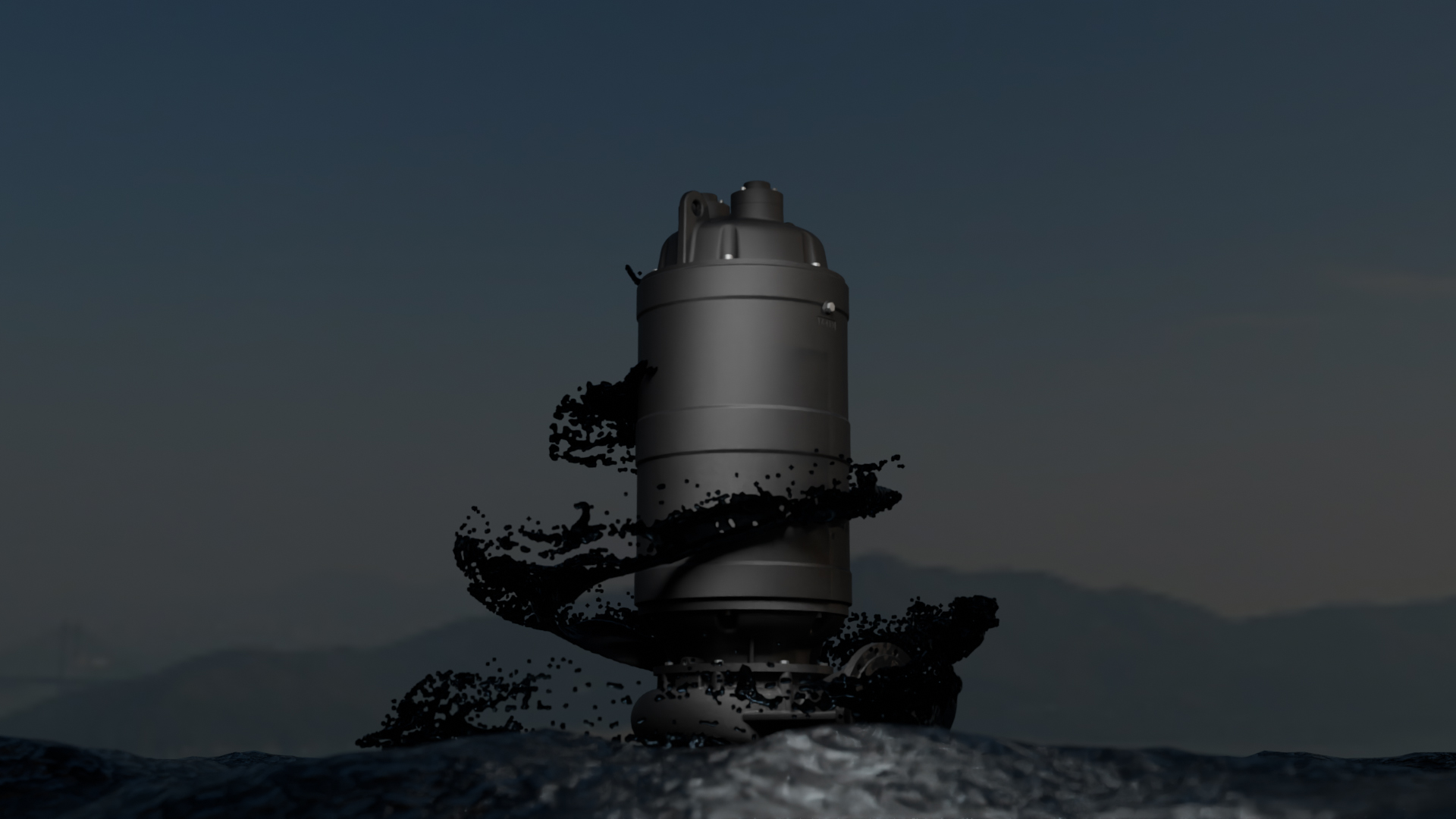
Wastewater pumps play an important role in protecting the environment and promoting sustainability. These systems allow for the effective management of wastewater from industrial and residential areas. However, the use of the right technologies, optimizing energy efficiency, and recycling processes are critical in minimizing environmental impacts. In this article, we will detail the effects of the eco-friendly development of wastewater pumps on energy consumption, carbon emissions, and sustainable wastewater management.
The development of wastewater pumps with environmentally friendly technologies is a significant step in the efficient treatment of water and the preservation of natural resources. In recent years, wastewater pumps with eco-friendly features have been developed, providing advantages in the following areas:
Lower Energy Consumption: Modern wastewater pumps are equipped with innovative motors and pumping mechanisms that provide lower energy consumption. This reduces energy costs and minimizes environmental harm.
Advanced Materials: Pumps made from environmentally friendly materials generate less waste during their lifespan and are easier to recycle.
Automation and Monitoring Systems: Smart pumps are equipped with sensors that optimize water levels and flow rates, enabling more efficient use of water resources.
The correct pump selection affects not only system performance but also environmental sustainability. Key considerations for sustainable pump selection include:
Energy Efficiency: Pumps with high energy efficiency should be preferred for sustainable wastewater management. This reduces both energy consumption and carbon emissions.
Durability: Long-lasting pumps require less maintenance, reducing the amount of waste. Pumps made from durable materials help minimize environmental impacts.
Appropriate Capacity: The capacity of the pump should be chosen according to system requirements. Pumps that are too large or too small lead to energy loss, which negatively impacts the environment.
The energy consumption and carbon emissions of wastewater pumps should be carefully monitored in terms of environmental sustainability. Pumps with high energy consumption increase the carbon footprint and negatively affect the environment. These impacts can be reduced through the following strategies:
High-Efficiency Motors: Motors with high efficiency ratings (IE3 or IE4) consume less energy and reduce carbon emissions.
Frequency Control Systems: The speed of pumps can be adjusted using variable frequency drives (VFDs), preventing unnecessary energy consumption.
Regular Maintenance: Regular maintenance of pump systems increases energy efficiency and prevents excessive energy consumption caused by malfunctions.
Wastewater recycling plays a critical role in preserving water resources, and pump systems are an integral part of this process. The roles of pump systems in recycling processes can be summarized as follows:
Wastewater Treatment: Wastewater pumps transport water to treatment plants, making treated water reusable and preserving natural water sources.
Filtration and Separation: Pump systems enable the separation of solid materials and chemical components in wastewater, allowing more efficient use of recycled water.
High-Pressure Systems: Some recycling processes require high pressure, for which specially designed pump systems are used.
The proper installation of wastewater pumps is essential for both energy efficiency and minimizing environmental impacts. The benefits of proper installation include:
Efficient Operation: Proper installation prevents energy losses and ensures the system operates at maximum efficiency.
Noise and Vibration Reduction: Improper installation can lead to noise and vibration problems, which negatively impact the environment and shorten the system's lifespan.
Reduced Maintenance Requirements: Proper installation reduces the need for maintenance, decreasing environmental waste and energy consumption.
Using renewable energy sources in wastewater pumps is one of the most effective ways to enhance environmental sustainability. Sources such as solar, wind, and biomass energy can be used to meet the energy needs of pumps. The benefits of these methods include:
Reduced Carbon Emissions: Replacing fossil fuels with renewable energy significantly reduces carbon emissions.
Long-Term Savings: Investments in renewable energy sources lower energy costs, providing long-term savings.
Sustainability: Wastewater pumps integrated with solar panels or wind turbines meet their energy needs directly from renewable sources, minimizing environmental impact.
Selecting environmentally friendly pumps in industrial wastewater management is critical for minimizing the environmental impacts of large enterprises. Key considerations for ensuring the environmental sensitivity of wastewater pumps in industrial facilities include:
Pumps Suitable for High Capacity: In industrial facilities, where wastewater volumes are generally high, energy-efficient pumps that meet this volume should be preferred.
Chemically Resistant Materials: The materials used in pumps for transporting chemically-laden industrial wastewater should not harm the environment. Pumps made from eco-friendly materials should be chosen.
Energy-Saving Systems: Since energy costs are high in industrial facilities, energy-saving pump systems can help reduce environmental impacts.
Regular maintenance is essential to ensure that wastewater pumps operate for a long time and in a sustainable manner. The following are sustainable maintenance methods:
Periodic Inspections: Regular inspections allow potential malfunctions to be detected early and help pumps operate efficiently.
Cleaning and Lubrication: Regular cleaning and lubrication of pump components reduce wear and minimize energy consumption.
Use of Spare Parts: Replacing worn parts with environmentally friendly spare parts extends the system's lifespan and reduces waste generation.
In this article, we have examined the environmental impacts of wastewater pumps and their importance in terms of sustainability in detail. Choosing the right pump, improving energy efficiency, and using renewable energy sources are some of the most effective ways to reduce negative environmental impacts.